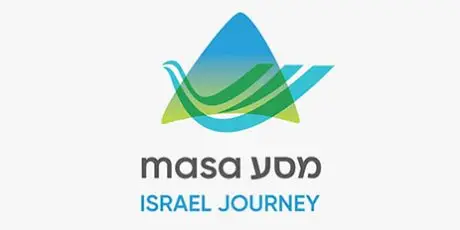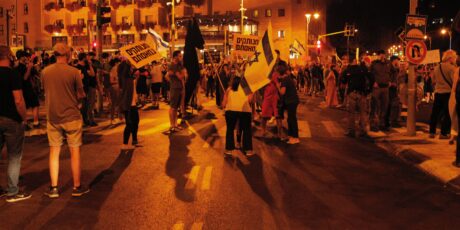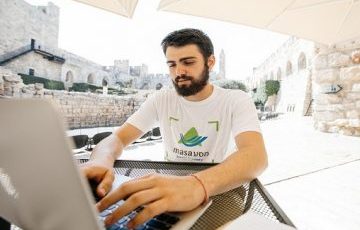By Yehudit Werchow, Director of Education

Jan Lievens’ “The Feast of Esther” (Via Wiki Media Commons)
“וַיֹּאמֶר מָרְדֳּכַי לְהָשִׁיב אֶל אֶסְתֵּר אַל תְּדַמִּי בְנַפְשֵׁךְ לְהִמָּלֵט בֵּית הַמֶּלֶךְ מִכָּל הַיְּהוּדִים. כִּי אִם הַח רֵשׁ תַּח רִישִׁי בָּעֵת הַזֹּאת רֶוַח וְהַצָּלָה יַע מוֹד לַיְּהוּדִים מִמָּקוֹם אַחֵר וְאַתְּ וּבֵית אָבִיךְ תֹּאבֵדוּ וּמִי יוֹדֵעַ אִם לְעֵת כָּזֹא הִגַּעַתְּ לַמַּלְכוּת.” (מגלית אסתר פרק ד)
“And Mordechai told the palace messenger: Tell Esther – don’t think about your own wellbeing at a time when the lives of all Jews are in the balance. Because if you are silent now, salvation will surely come to the Jews from another source anyway, and your legacy, and your father’s, will be lost to history. Who knows if this is the entire reason you were made Queen?” (the Scroll of Esther, Chapter 4)
In this excerpt from the Book of Esther, Mordechai, Jewish leader and a relative of the newly-chosen young queen, asks Esther to do something bold: Advocate for her hated People, even as she has kept her nationality to herself until this point.

Edwin Longsden Long’s “Esther Haram” (Via Wiki Media Commons)
How many times have we found ourselves struggling, avoiding, or resisting action? At times it could be because we are not sure if we understand the motivation behind the action or its purpose, sometimes it’s because we feel that the call for action is external or that the timing is not ideal.
There are times when our resistance emerges from our fears of change, disapproval, insecurities (are we talented enough, strong enough, safe, resourceful) or from our fear of being successful, from letting our talent be present and seen.
Esther, just like many of us, is, before approaching the King on behalf of her People, which she had kept secret, facing her own moment of inner struggle and transformation. In her case, the call for action is coming from Mordechai. It seems that at first, she struggles with it. Perhaps it’s because of the scope of the act, the circumstances, which are understandably intimidating and obviously threatening.

Aert de Gelder’s “Esther and Mordechai writing the second letter of Purim” (Via Wiki Media Commons)
Yet, she embraces the call and acts on it with courage and beauty, giving of herself, using her emotional intelligence for the greater good.
Calls for action don’t necessarily need to come from within, and this doesn’t mean that these are any less legitimate. It feels like Esther connected with her inner truth and motivations to act and these powerful sources empowered and liberated her from the paralyzing fears driving her to act so courageously and resourcefully, to come to a place of giving.
Purim and the Megilla are invitations to reunite our personal and collective deepest values, motivations and strengths. Invitations to give back to our family and friends, to Israel, our own communities and the Jewish people. Let’s embrace these invitations and grow with them.
This Purim, join the Masa Israel community and show the world where you’re living and giving:

Download the sign here, write your city on the map and share your picture using #MasaGives.








